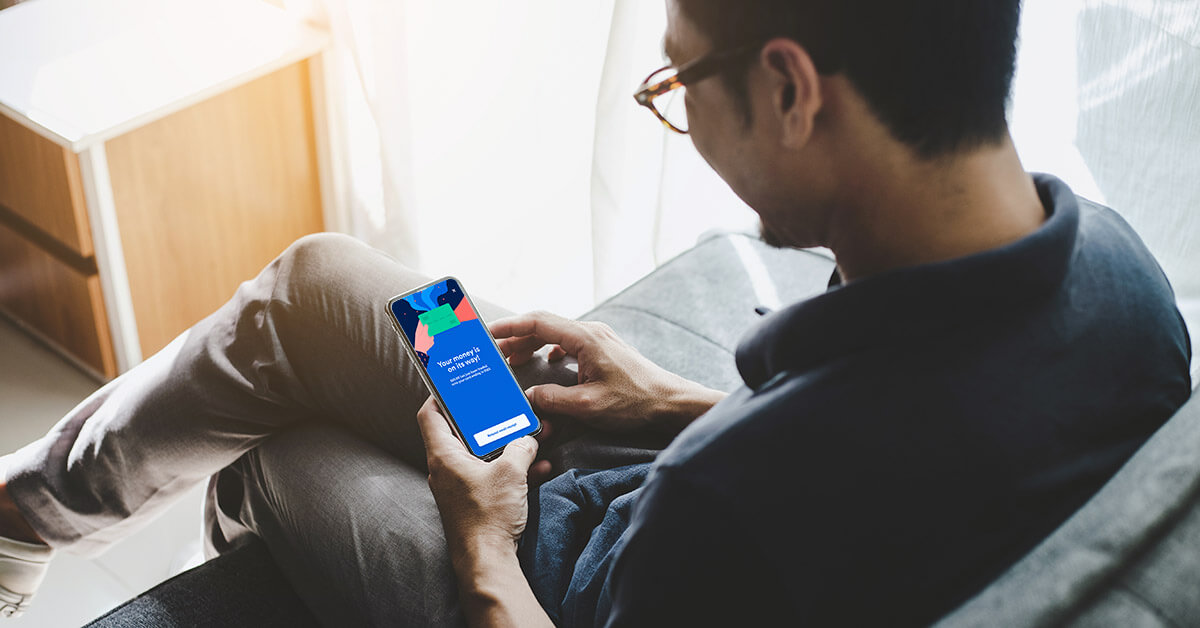
Post-Pandemic Hiring: The Importance of Security
During the COVID-19 crisis, the SBA Paycheck Protection Program (PPP) has offered a lifeline for millions of struggling companies in the form of low-interest loans. PPP loans have kept companies afloat—they can keep workers on payroll, pay the rent, and keep the lights on while companies shut down or slow their operations for safety’s sake. For businesses that follow the SBA rules, PPP money goes even further—the SBA will forgive those loans, turning them into grants.
To qualify for forgiveness, PPP recipients must adhere to the rehiring rule: within weeks of receiving funds, they must offer to rehire laid-off or furloughed workers and return payrolls to their February levels. With the unemployment rate in April 2020 being 14.7 percent,[1] the pool of job applicants will be plentiful, but, post-shutdown, job candidates may look at their work options in a new light. They want to work, but after months of uncertainty, they seek safety and security as much as a paycheck.
The paycheck is important, of course. In fact, hourly workers report being more worried about their finances than their health.[2] But physical safety will also be top of mind for job seekers. With the risk of COVID infection looming, prospective employees will look closely at how companies plan to protect their health and well-being, too.
If workers feel that a company doesn’t provide enough on either front, they may turn down job offers. Many already have. Between January and March, the Pennsylvania Department of Labor and Industry received 128 reports of people who refused to return to work. In April and May, they received 540 reports. Over 300 of those were filed within a week and a half.[3]
*****
In the coming months, financial and medical security will be top of mind for workers considering offers. Most companies are already working hard to put the proper health safeguards in place, but they may not have thought as much about enhancing their benefits.
They should. Many workers receiving the pandemic unemployment add-on of $600 per week wonder if it makes financial sense to return to work right now. Normally, workers can’t refuse work and keep their unemployment benefits, but during the COVID-19 crisis, these restrictions have been lifted.
How can you compete with that? One way is to offer benefits that provide both physical wellness tools such as enhanced sick leave or more comprehensive insurance, and financial wellness tools like Earned Wage Access (EWA), fee-free banking, and discount programs.[4] Financial wellness tools can significantly reduce employees’ stress and increase their sense of safety and security.
Businesses that have partnered with companies—such as PayActiv—that provide these tools understand the value. At no cost to the employer, PayActiv offers opportunities for financial security on several levels. EWA allows workers to access their pay when they need it and avoid taking out payday loans, accumulating late charges, or incurring overdraft fees in their efforts to meet unexpected expenses. PayActiv users also get access to budget management and savings tools, financial counseling, and fee-free bill pay.
PayActiv has always been dedicated to providing a complete ecosystem of services for financial security, and they’ve doubled down on this mission during the COVID-19 crisis by introducing initiatives to provide financial relief to healthcare workers, building a partnership with employers and industry to provide direct contributions to vulnerable workers, and waiving user fees.
In the midst of the crisis, every company has an opportunity to create a safer, more secure environment for their workers. Now is the time to get the message out about the benefits of working for your company—before the rehiring surge peaks.[5]
[1] Bureau of Labor Statistics, “The Employment Situation—April 2020,” news release no. USDL-20-0815, May 8, 2020, https://www.bls.gov/news.release/pdf/empsit.pdf.
[2] Susan Page, “Exclusive: In Four Devastating Weeks, Americans’ Fears of the Coronavirus Have Exploded,” USA Today, April 13, 2020, https://www.usatoday.com/story/news/politics/2020/04/13/poll-americans-fears-covid-19-explode-four-devastating-weeks/2970032001/.
[3] Lauren Rosenblatt, “As Businesses Start to Open, Workers Weigh Health Risk—and Potential Loss of Unemployment Benefits,” Pittsburgh Post-Gazette, May 17, 2020, https://www.post-gazette.com/business/career-workplace/2020/05/17/unemployment-compensation-as-businesses-open-counties-move-to-yellow-phase-Pennsylvania-Department-of-Labor-and-Industry/stories/202005130124.
[4] “Guidelines for Creating a Paid Sick Days Policy,” Monster.com, https://hiring.monster.com/employer-resources/workforce-management/employee-benefits-management/sick-leave-policy/.
[5] “Recruitment Planning After a Crisis,” Monster.com, https://hiring.monster.com/employer-resources/recruiting-strategies/recruitment-planning-after-coronavirus/.
Get Payactiv for your business
Related Articles
Everyday pay presents a practical opportunity to immediately pay workers what...
Many employees are staying longer in their current roles due to the stability...
Payroll expenses are the costs associated with compensating people for the work...
© 2024 Payactiv, Inc. All Rights Reserved
24 hour support: 1 (877) 937-6966 | [email protected]
* The Payactiv Visa Prepaid Card is issued by Central Bank of Kansas City, Member FDIC, pursuant to a license from Visa U.S.A. Inc. Certain fees, terms, and conditions are associated with the approval, maintenance, and use of the Card. You should consult your Cardholder Agreement and the Fee Schedule at payactiv.com/card411. If you have questions regarding the Card or such fees, terms, and conditions, you can contact us toll-free at 1-877-747-5862, 24 hours a day, 7 days a week.
** Central Bank of Kansas City is the issuer of the Payactiv Visa Prepaid Card only and does not administer, endorse, nor is liable for the Payactiv App.
1 Standard rates for data and messaging may apply from your wireless provider.
Google Play and the Google Play logo are trademarks of Google LLC.
Apple and the Apple logo are trademarks of Apple Inc., registered in the U.S. and other countries. App Store is a service mark of Apple Inc., registered in the U.S. and other countries.




